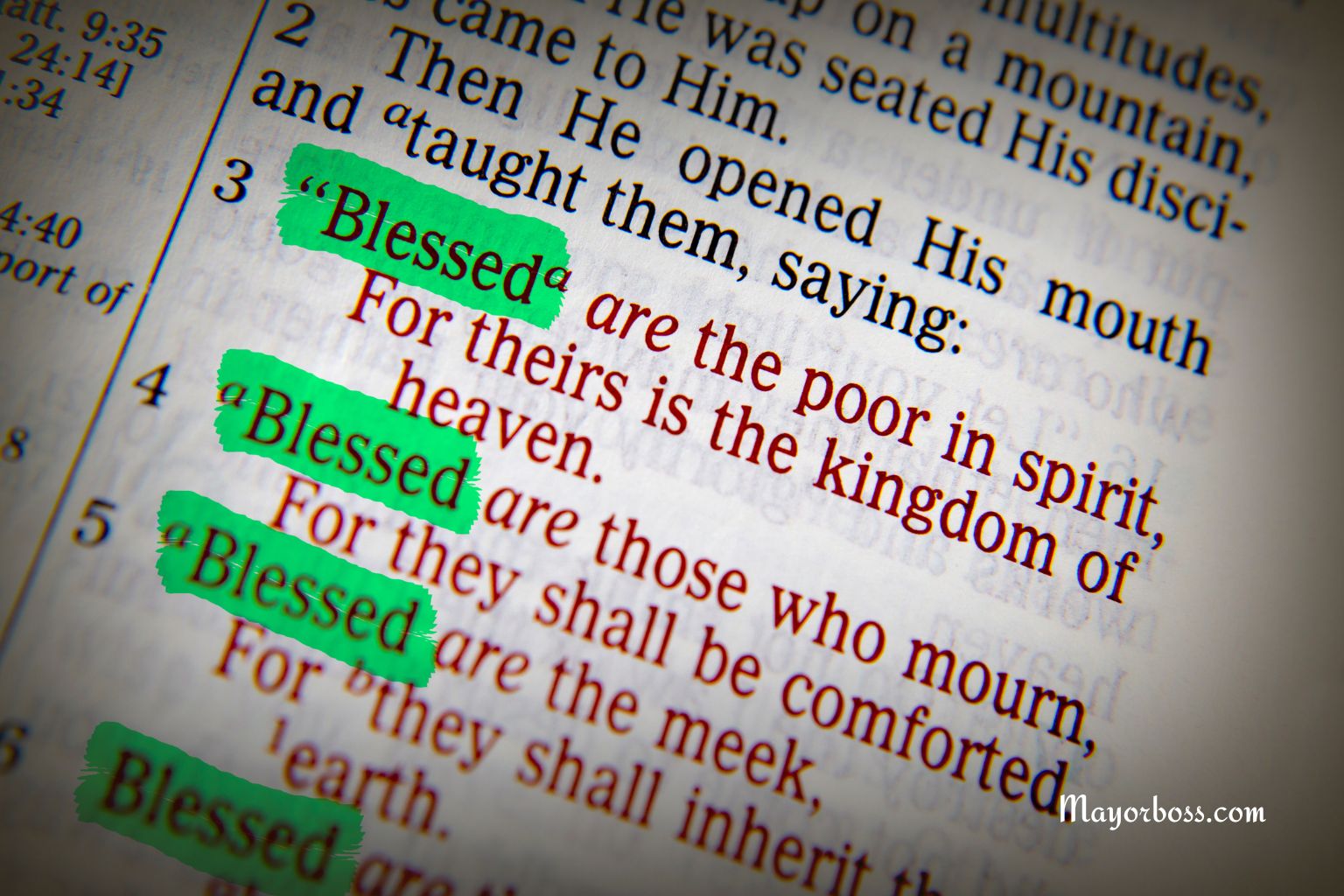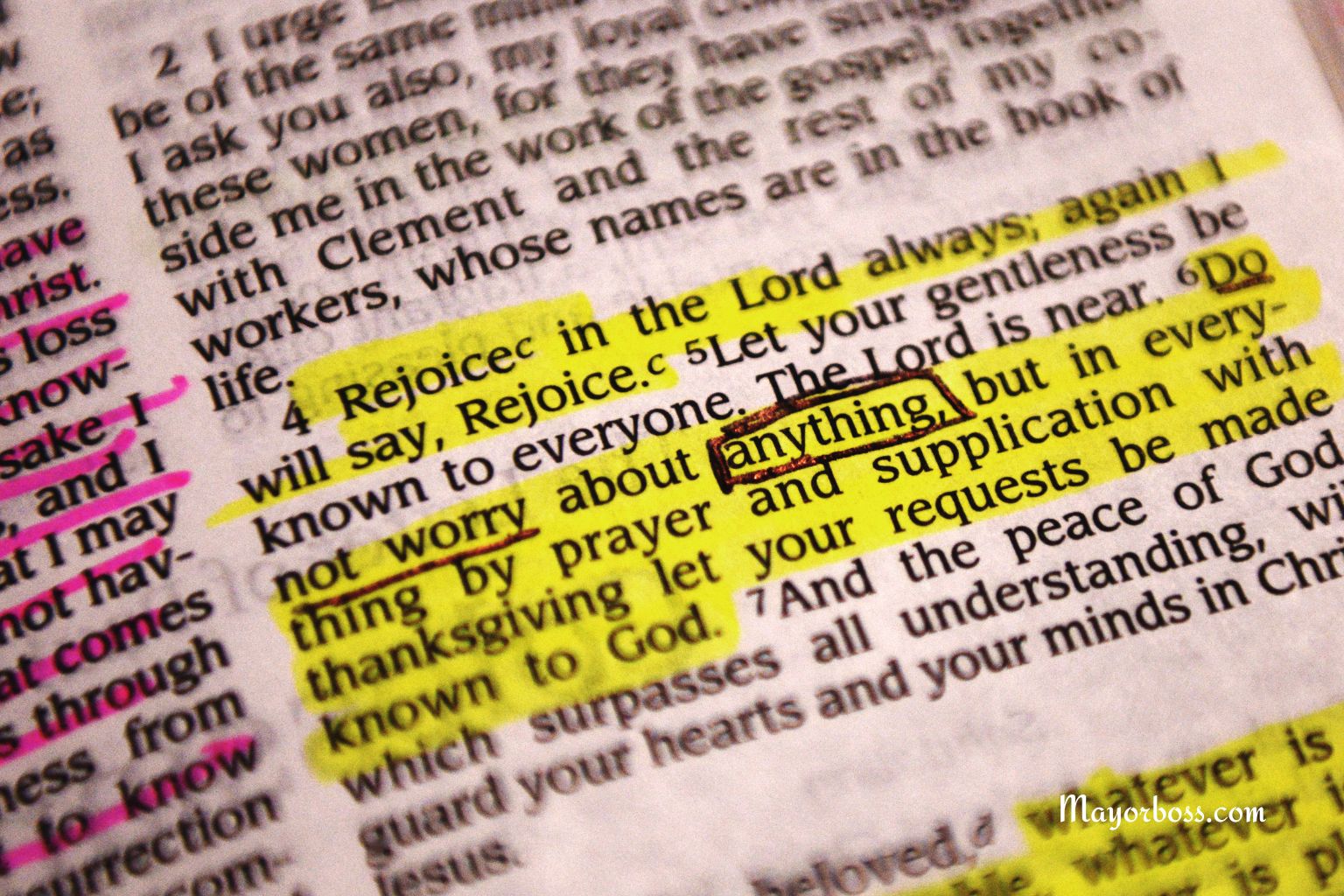10 Bible Verses about Difficult People
Dealing with difficult people is a part of life. Whether it’s a family member, a friend, a coworker, or even a stranger, almost everyone encounters someone who tests their patience. Sometimes, it can feel overwhelming.

As a Christian, you may wonder how you should respond or if it’s even possible to stay calm and kind. The Bible addresses this struggle directly, offering practical advice and encouragement to help guide you through these situations with grace.
1. Matthew 5:44
“But I tell you, love your enemies and pray for those who persecute you.”
Jesus sets a high standard. He doesn’t just ask us to tolerate people who make life hard. He tells us to love them and pray for them. When you pray for someone who frustrates you, your heart often changes, too. Love becomes possible, even when it seems impossible.
2. Romans 12:18
“If it is possible, as far as it depends on you, live at peace with everyone.”
Not every situation will lead to perfect peace. Still, Paul encourages you to do your part. You may not be able to control others, but you can control how you respond. Strive for peace, even when it’s hard.
3. Colossians 3:13
“Bear with each other and forgive one another if any of you has a grievance against someone. Forgive as the Lord forgave you.”
Forgiveness is not always easy. Some people may hurt you deeply. Yet, God calls you to forgive, remembering how much He has forgiven you. Holding on to anger only weighs you down.
4. Proverbs 15:1
“A gentle answer turns away wrath, but a harsh word stirs up anger.”
The way you respond matters. If you speak with kindness and patience, you can calm tense situations. Harsh words can make things worse, while gentle words can open doors to understanding.
5. Ephesians 4:31-32
“Get rid of all bitterness, rage and anger, brawling and slander, along with every form of malice. Be kind and compassionate to one another, forgiving each other, just as in Christ God forgave you.”
Paul reminds you to let go of negative emotions. When you choose kindness and compassion, you reflect God’s love to others, even when they are difficult.
6. James 1:19-20
“Everyone should be quick to listen, slow to speak and slow to become angry, because human anger does not produce the righteousness that God desires.”
Listening first can prevent arguments. When you slow down, breathe, and avoid quick reactions, you allow space for God’s wisdom. Anger rarely leads to anything good.
7. Proverbs 19:11
“A person’s wisdom yields patience; it is to one’s glory to overlook an offense.”
Patience is a sign of wisdom. Sometimes, the best thing you can do is let minor offenses go. Not everything requires a reaction. Sometimes, silence is more powerful than words.
8. Luke 6:27-28
“But to you who are listening I say: Love your enemies, do good to those who hate you, bless those who curse you, pray for those who mistreat you.”
Jesus repeats this important lesson: respond to hurtful actions with kindness and prayer. Even when others do not deserve it, showing love can change the situation and, sometimes, even change the person.
9. 1 Peter 3:9
“Do not repay evil with evil or insult with insult. On the contrary, repay evil with blessing, because to this you were called so that you may inherit a blessing.”
God calls you to a higher standard. Revenge and insults only deepen wounds. Instead, He encourages you to repay wrong with blessing, trusting that God sees and rewards your faithfulness.
10. Proverbs 12:16
“Fools show their annoyance at once, but the prudent overlook an insult.”
It is tempting to react when someone offends you. Wisdom means staying calm and choosing not to be easily offended. This protects your peace and keeps situations from escalating.
How to Apply These Verses in Real Life
Reading these verses is one thing, but living them is another. Here are some practical steps you can take:
- Pause before reacting. Give yourself a moment to breathe before you say or do anything.
- Pray for the person. Ask God to help you see them through His eyes.
- Forgive quickly. Let go of grudges before they take root.
- Set healthy boundaries. Being kind does not mean you allow others to mistreat you.
- Ask for wisdom. Seek God’s help when you do not know how to respond.
Remember, you are not alone. God the Father, Lord Jesus Christ, and the Holy Spirit give you the strength and wisdom you need to handle difficult people with grace and love.
Frequently Asked Questions
1. Why does the Bible tell us to love difficult people?
Because love reflects God’s heart. When you love those who are hard to love, you show God’s character and open the door for transformation, both in your heart and theirs.
2. Does forgiving someone mean I must trust them again?
Forgiveness and trust are different. You can forgive someone without giving them access to hurt you again. Healthy boundaries are important.
3. How do I set boundaries with toxic people as a Christian?
Setting boundaries means being clear about what is acceptable and what is not. You can be firm and loving at the same time, choosing distance if necessary for your well-being.
4. What should I do if I keep getting hurt by the same person?
Continue to pray and forgive, but also take steps to protect yourself. Seek counsel from trusted friends, family, or church leaders if needed.
5. Can I avoid difficult people altogether?
Sometimes, yes, but often difficult people are part of your life for a reason. God may use these relationships to grow your patience, compassion, and faith.






